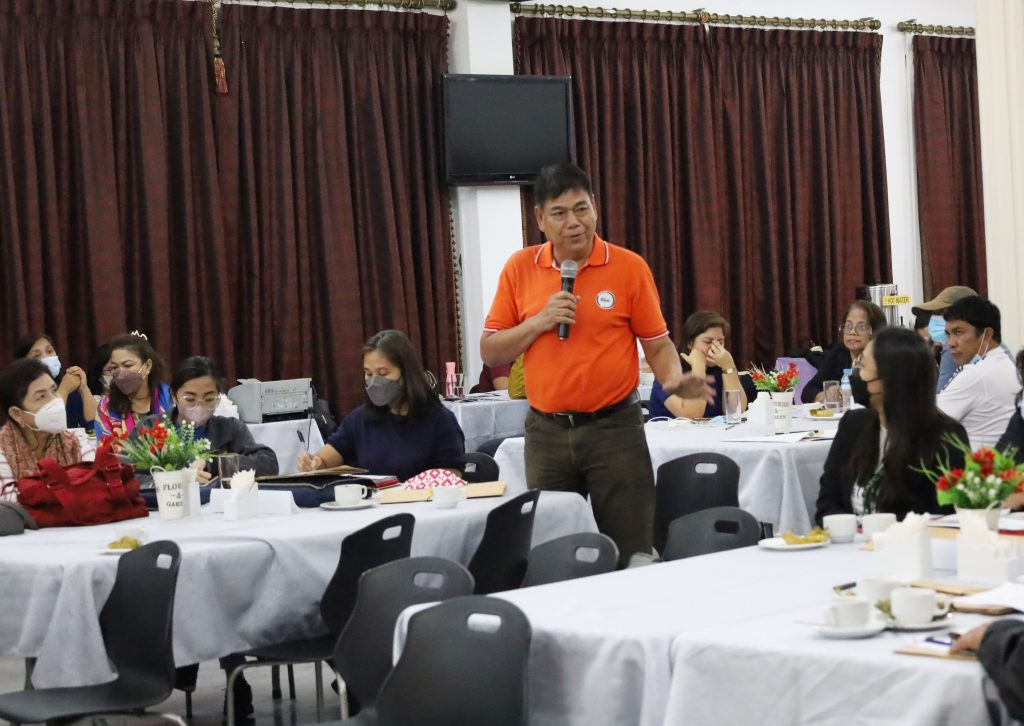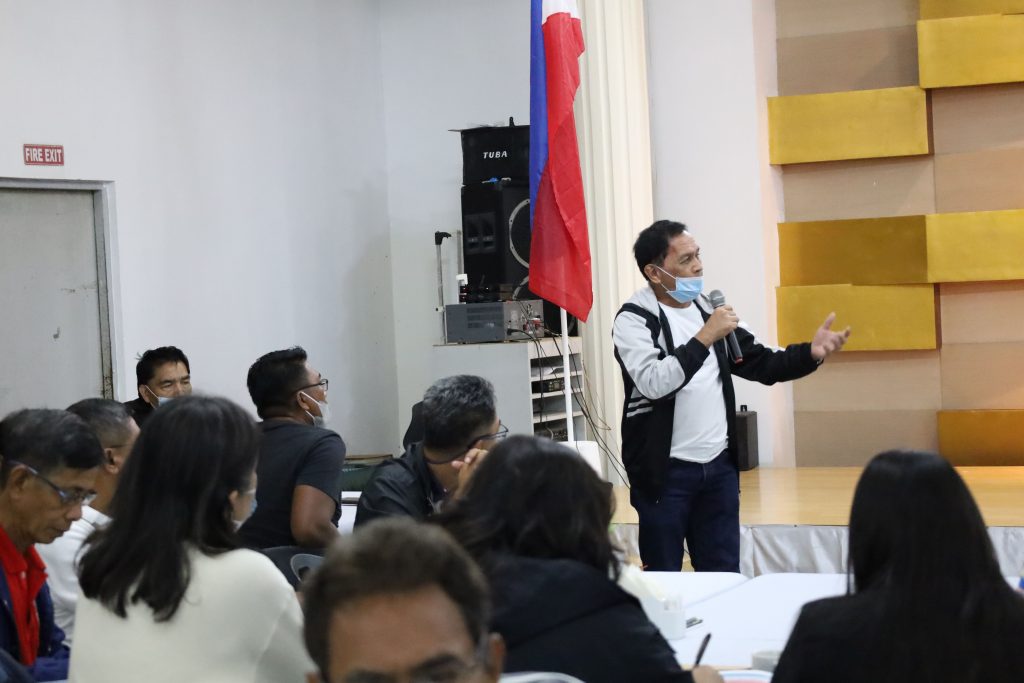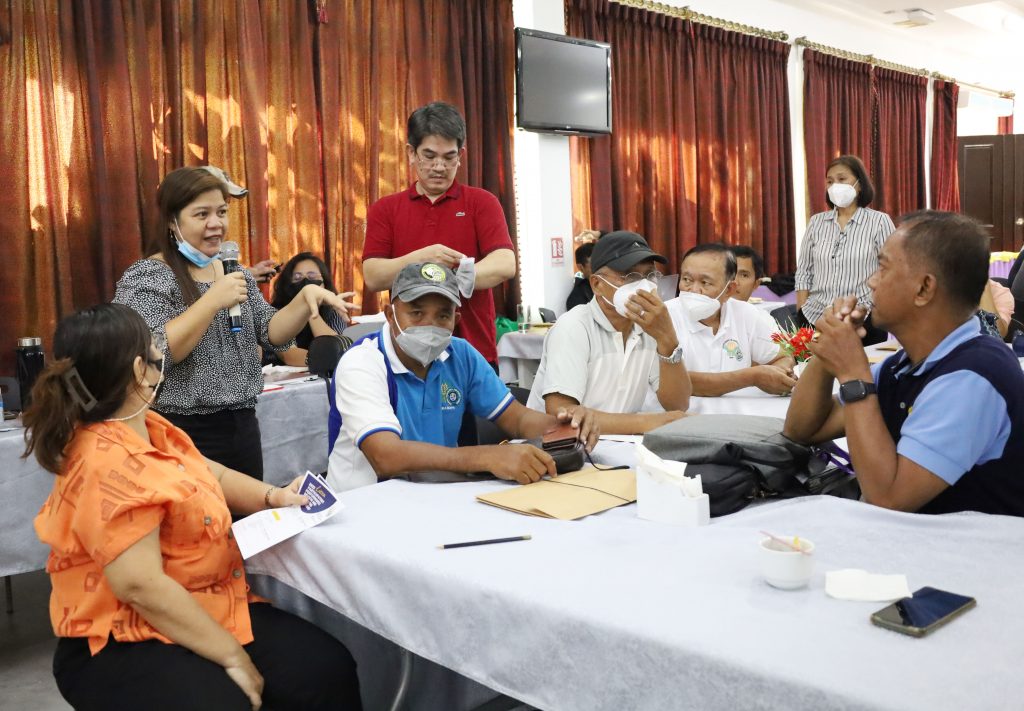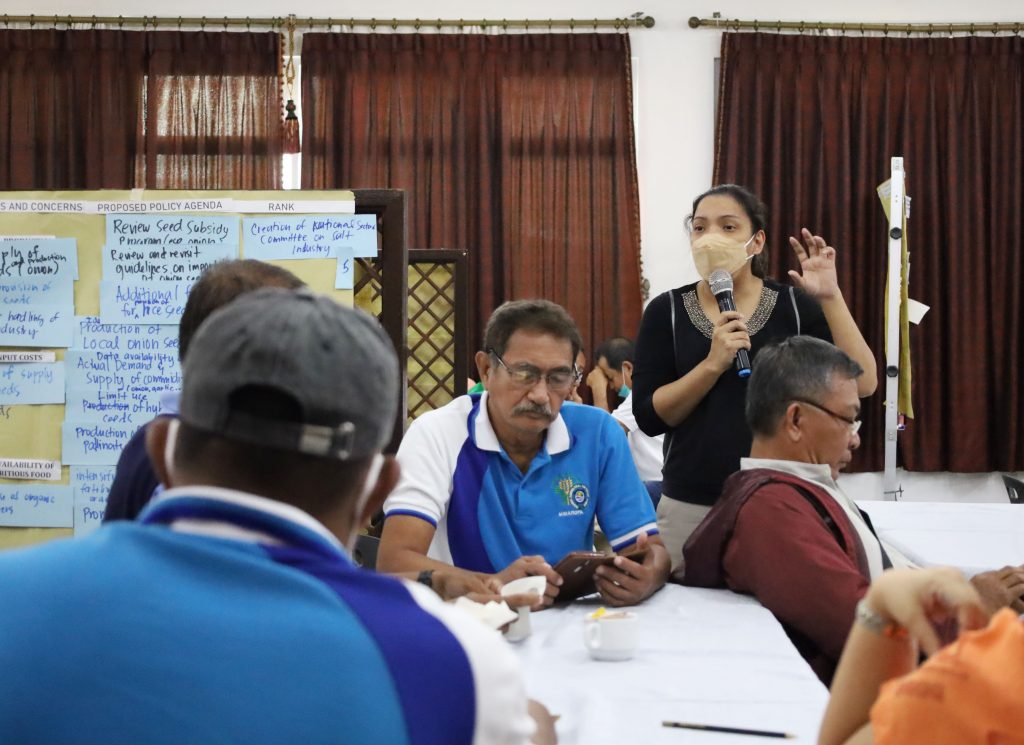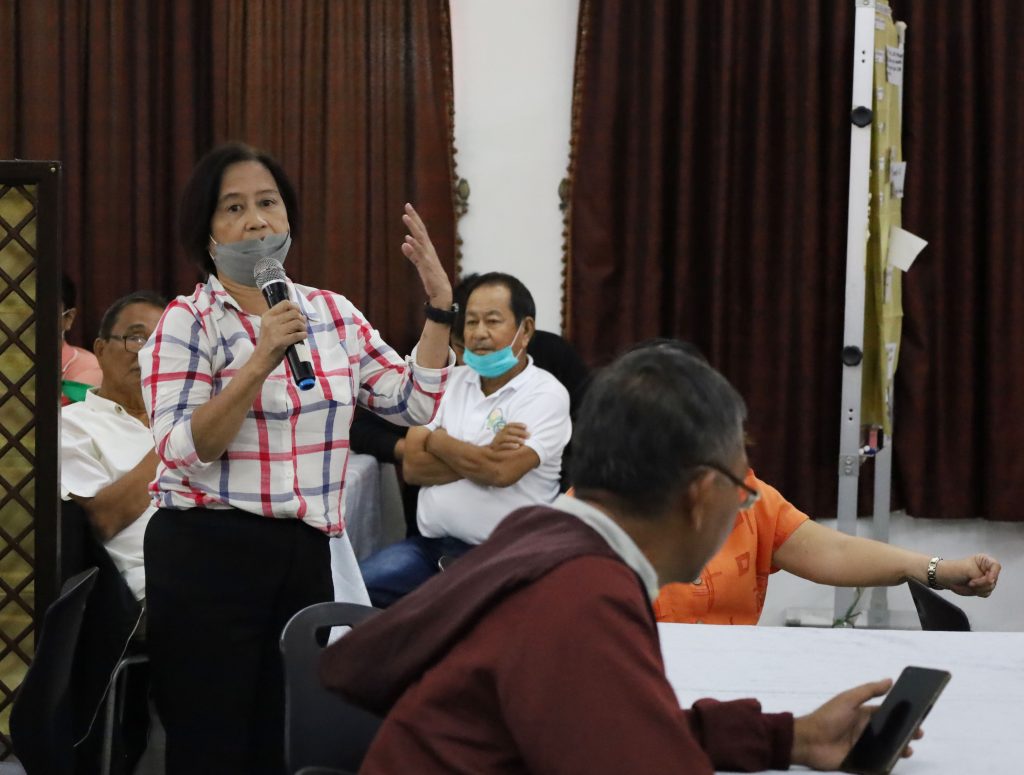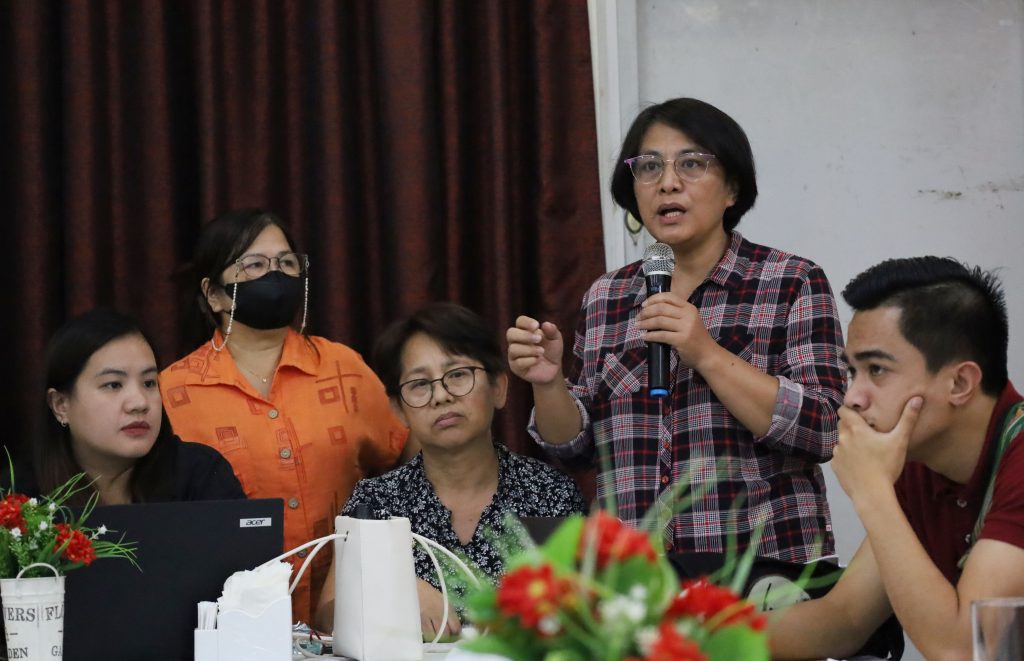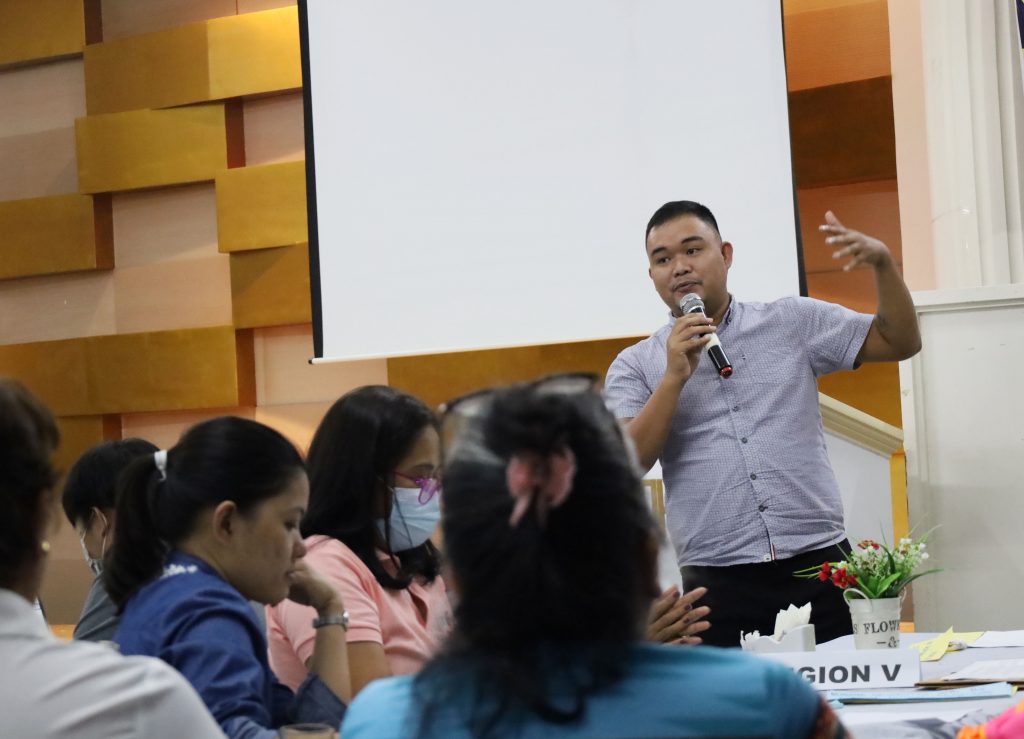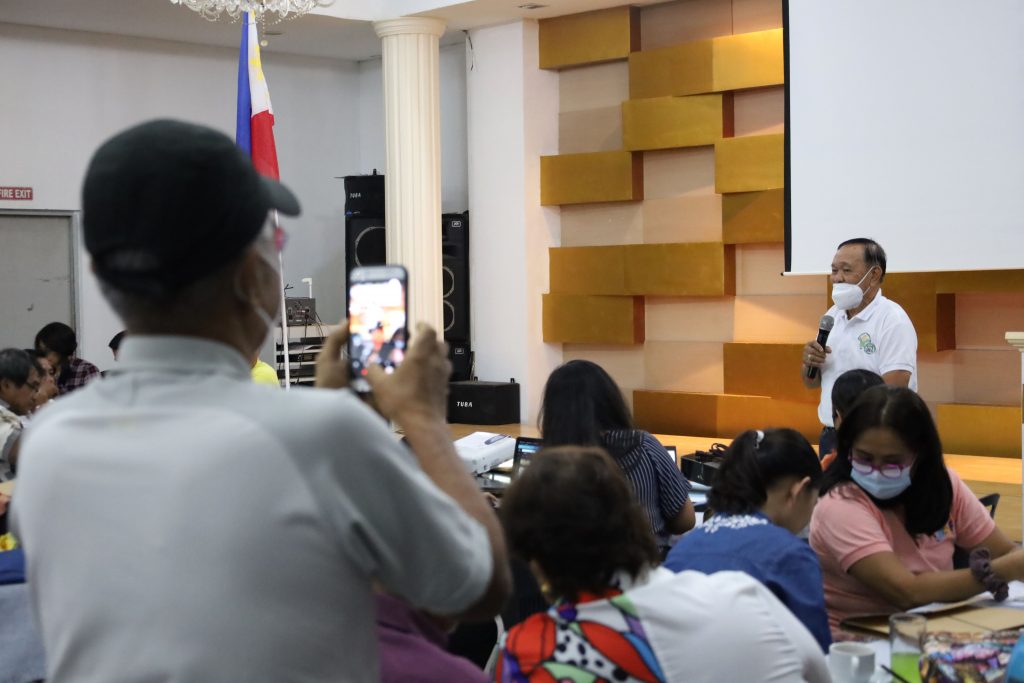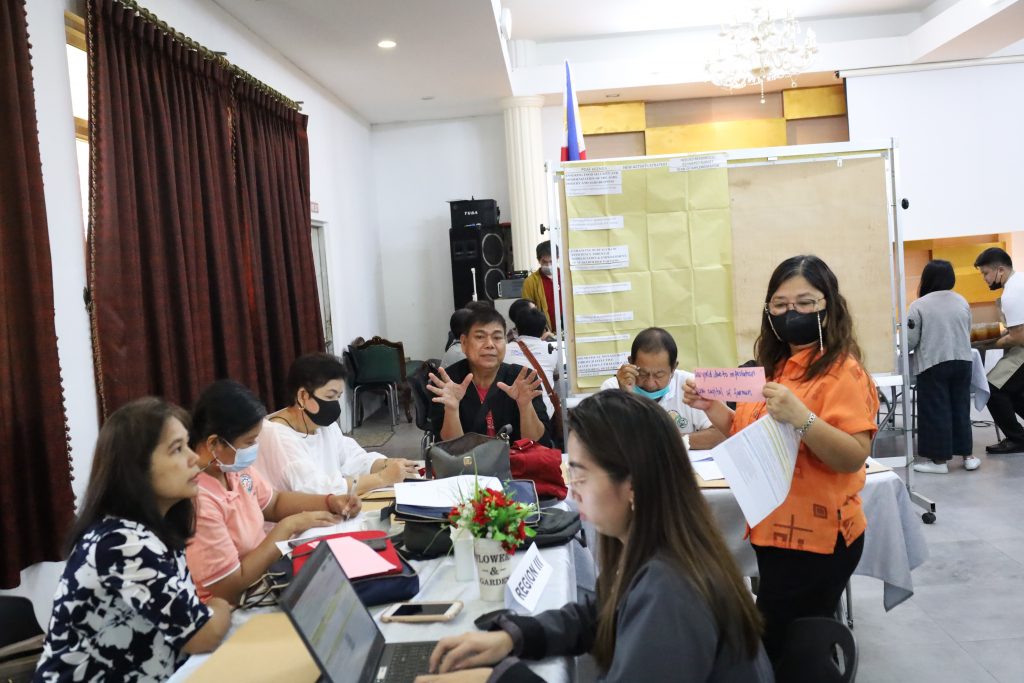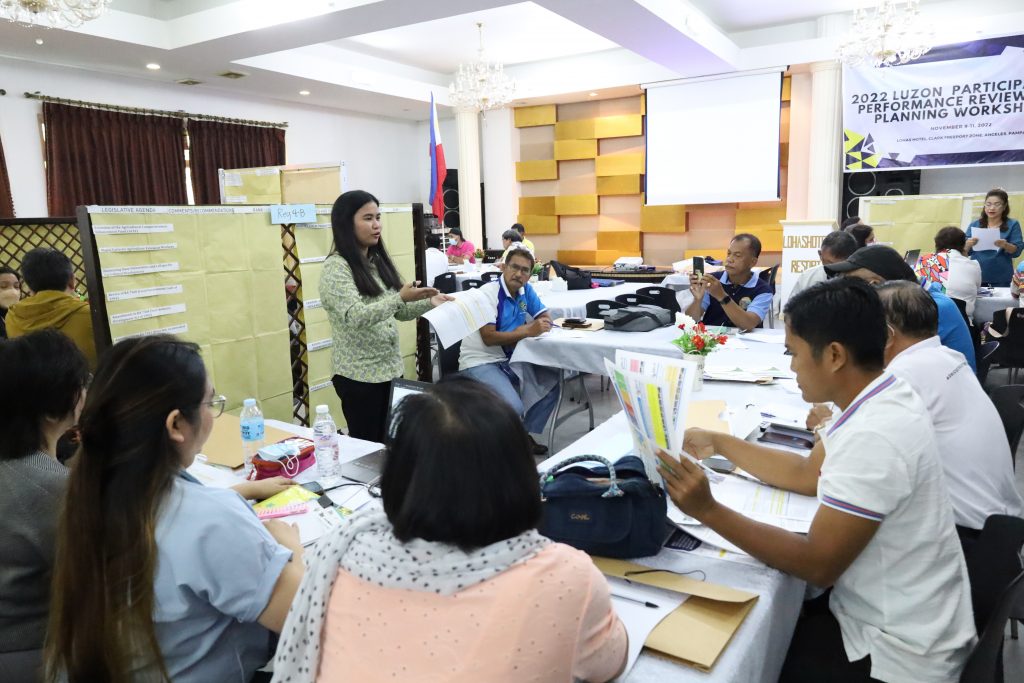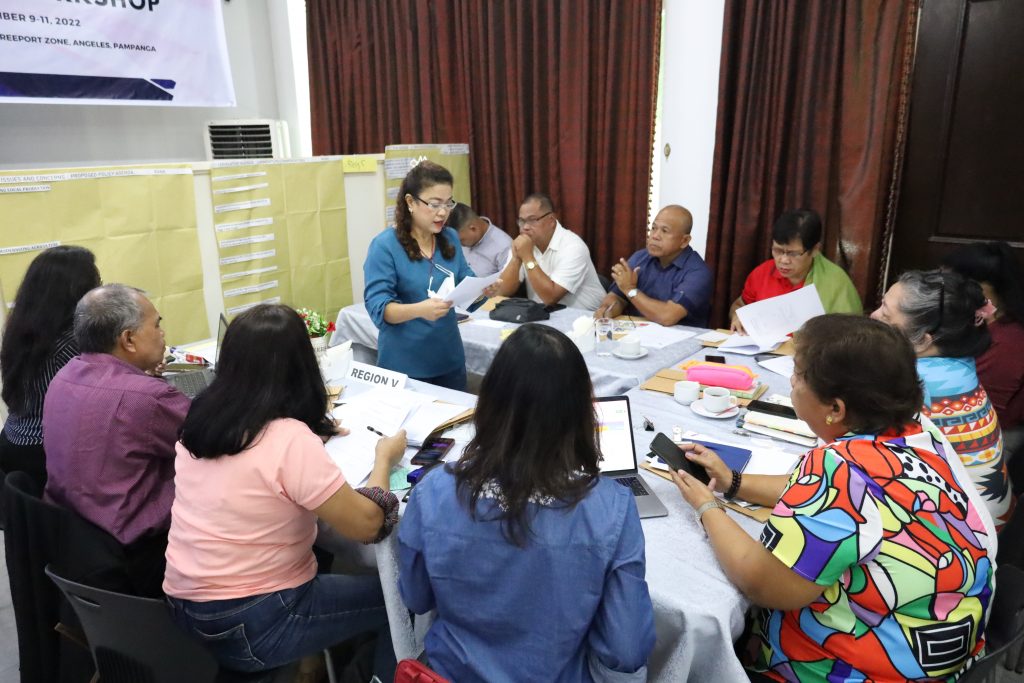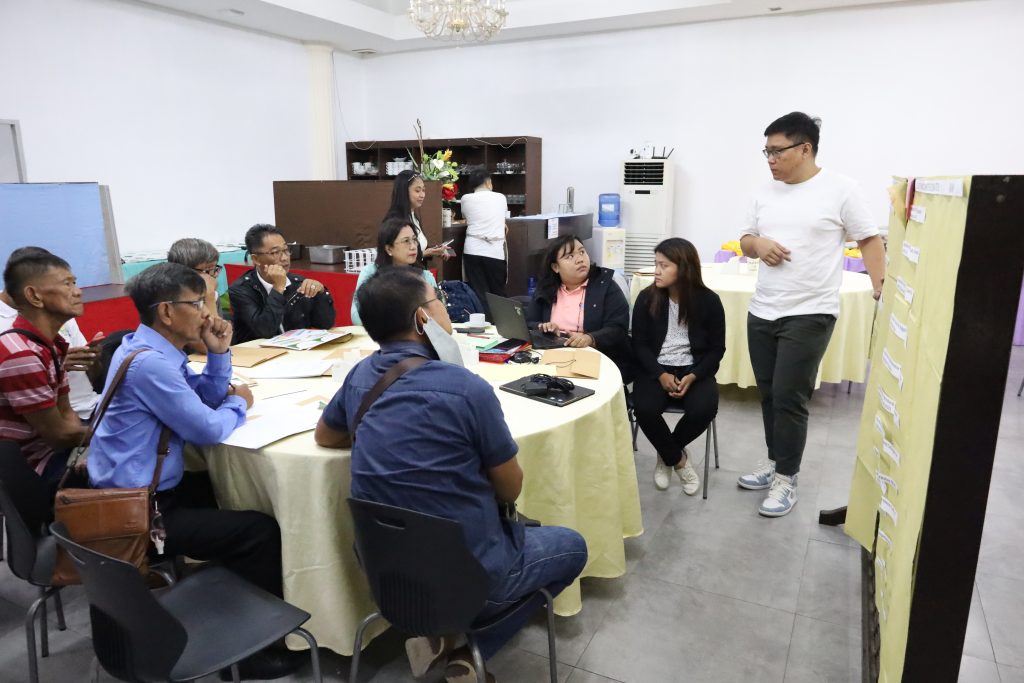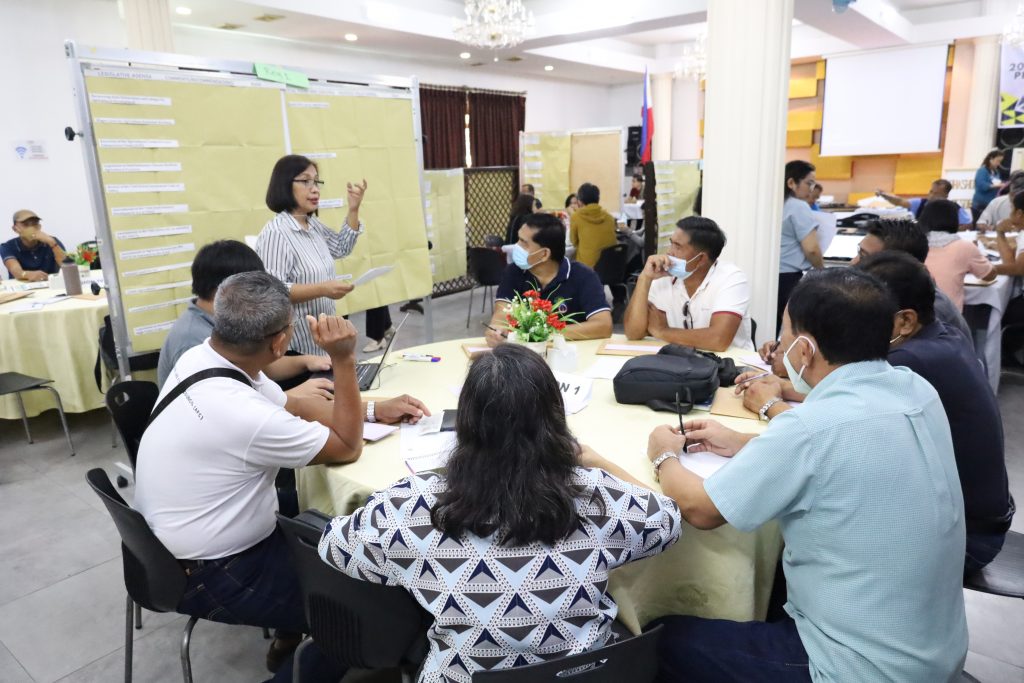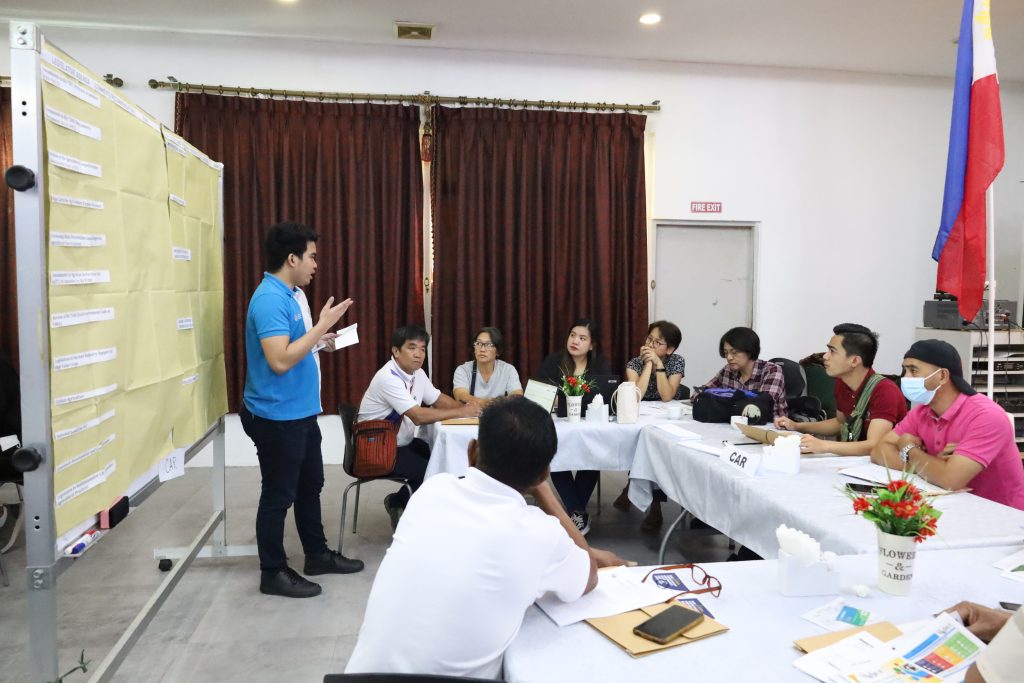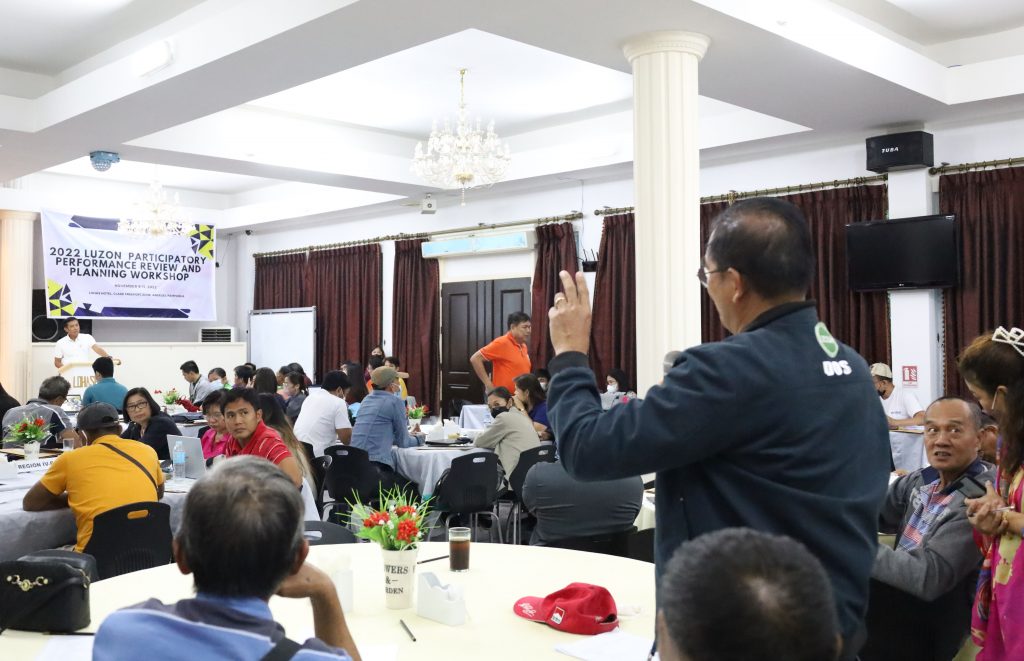
More than 90 Agricultural and Fishery Councils (AFCs) from Luzon proposed to strengthen private sector engagement in policy formulation, monitoring of programs, activities and projects (PAP), and fund utilization during the 2022 Luzon Participatory Performance Review and Planning Workshop on November 9 to 11, 2022 in Angeles, Pampanga.
Several proposals were suggested during the three-day workshop, which gathered AFC officers and members from Cordillera Administrative Region, Ilocos Region, Cagayan Valley Region, Central Luzon, CALABARZON, MIMAROPA, and Bicol Region.
The Philippine Council for Agriculture and Fisheries (PCAF) led the activity to establish agreements and gain support and commitment from the AFCs for the continuous improvement of the agency’s programs, systems, and processes.
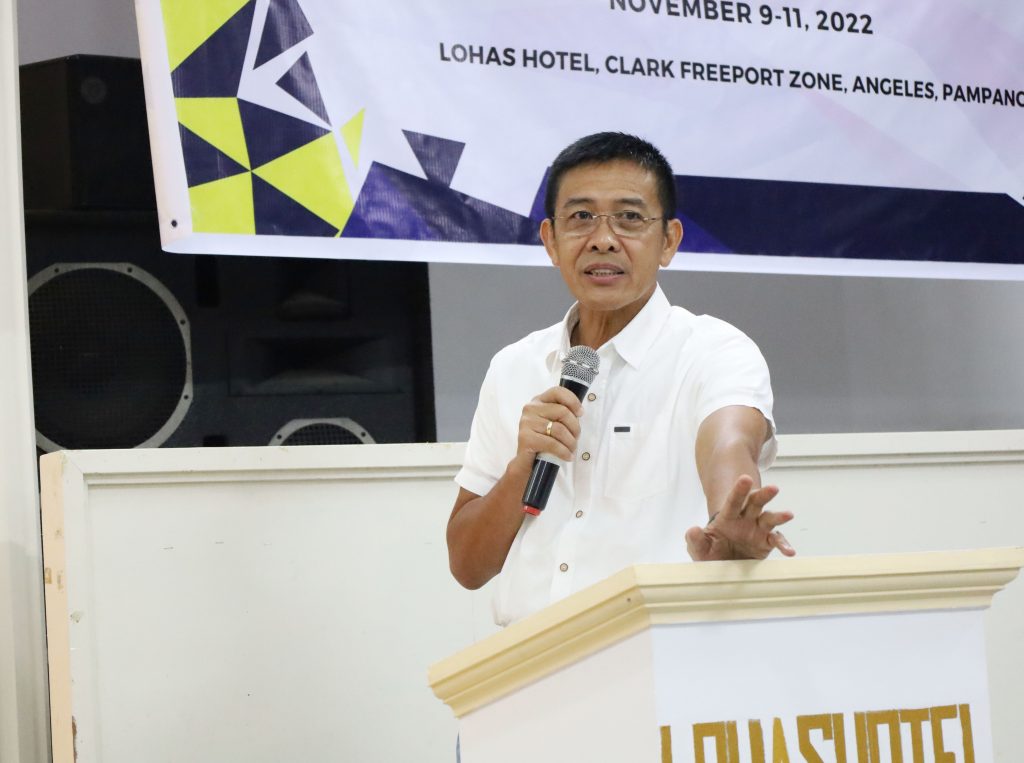
“With all this work, I am confident that we will be able to progressively broaden our understanding and arrive at a better plan for 2023. This workshop will lead towards achieving intended deliverables and targets aligned with the Department of Agriculture’s (DA) thrusts and priorities,” said PCAF Executive Director Nestor Domenden.
The private sector partners highlighted the need for DA to review the implementation of the Registry System for Basic Sectors in Agriculture (RSBSA) and the prioritization of database validation. They also emphasized that the Department should engage and empower indigenous communities in the development of the agri-fishery sector.
In a call for cooperation between the private sector and the government to address the industry’s issues and concerns, the participants proposed for DA to revisit the fund allocation for all commodities.
The Luzon AFCs also sought an audience with the President, who is also the current Department Secretary to voice out concerns from the local level.
Concerns were also raised on the Civil Society Organization (CSO) accreditation process, including the CSO implementation of government programs and projects, among others.
The participants also requested PCAF to provide feedback on the Commission of Audit’s position about the liquidation of funds transferred as donations and the timely release of fund transfers for AFC activities.
Before the workshop proper, the PCAF- Planning, Monitoring and Knowledge Management Division (PMKMD) presented the DA’s strategic directions and list of priority legislative agenda for the 19th Congress, while ED Domenden presented PCAF’s agenda in the near and medium term.
The participants were able to review their physical and financial performances as of October 31, the Fiscal Year (FY) 2023 PCAF plan and budget based on the National Expenditure Program, and an overview of the AFC Patrol.
AFC Patrol, an online platform for participatory monitoring and tracking, is a mechanism that will enable AFC officers and members to provide timely and accurate situation reports at the community level.
PCAF clarified that there will be a separate orientation for the implementation of the AFC Patrol. The agency also assured that they will develop safeguard measures to ensure the reliability and accuracy of data from the said platform.
During the first workshop, the participants came up with their priority policy agenda to be discussed for next year’s AFC consultations. The participants were grouped by region to review local issues and concerns gathered from their previous consultations.
To ensure alignment, the policy agenda was identified based on the current administration’s thrusts and priorities and DA’s priority objectives. The group then prioritized the policy agenda that needed critical interventions or reforms.
The second workshop allowed the participants to identify new activities and strategies including budget and fund sources for FY 2023-2028 that are aligned with PCAF’s near and medium-term agenda.
The AFCs also came up with suggestions for the improvement of AFC operations which will be consolidated and included in PCAF’s FY 2024 Plan and Budget Proposal.
PCAF will consolidate and finalize all the proposals and policy agenda identified in the two workshops and will disseminate them to the AFCs by the end of December.

Aside from the Regional Agricultural and Fishery Council (RAFC) and Provincial Agricultural and Fishery Council (PAFC) chairpersons, also present in the activity were RAFC Executive Officers, RAFC Coordinators, and PCAF’s region-based coordinators. | JC


